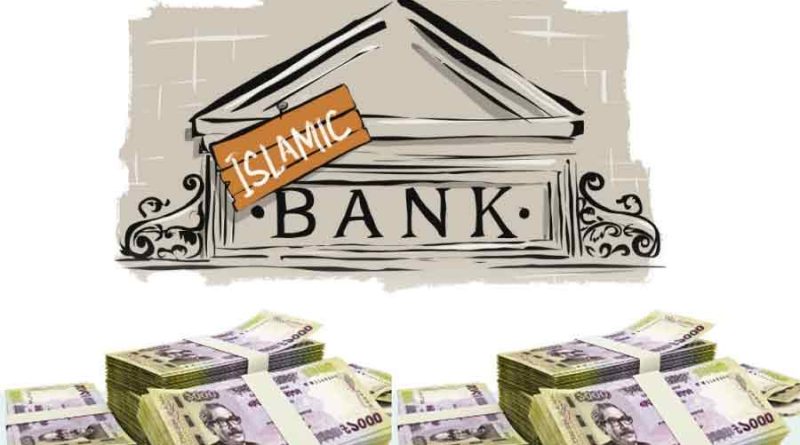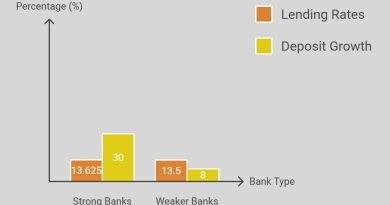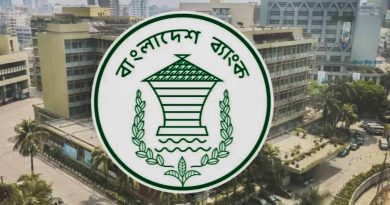The government has approved the merger of five financially distressed Islamic banks into a single entity named United Islamic Bank, in a move aimed at rescuing troubled lenders and stabilising the financial sector.
The decision came on Thursday at a meeting of the Advisory Council chaired by Chief Adviser Professor Muhammad Yunus. The merger involves First Security Islami Bank, Social Islami Bank, Global Islami Bank, Union Bank, and EXIM Bank — all of which have been struggling with severe financial irregularities and high defaulted loans.
The new Shariah-based bank will be formed under the Bank Resolution Ordinance 2025 with an authorised capital of Tk 400 billion and a paid-up capital of Tk 350 billion. Of this, the government will inject Tk 200 billion as equity, while institutional deposits worth Tk 150 billion may be converted into capital under a bail-in mechanism.
Chief Adviser’s Press Secretary Shafiqul Alam told reporters that no bank employees would lose their jobs and that all depositors’ funds would remain secure. Initially, the new bank will operate as a state-owned entity before being gradually privatised within five years.
The merger became necessary after the five banks accumulated massive non-performing loans (NPLs) — nearly 77 per cent of their total credit portfolio, amounting to around Tk 1.47 trillion. Union Bank has the highest default rate at 98 per cent, followed by First Security Islami Bank (96 per cent), Global Islami Bank (95 per cent), Social Islami Bank (62 per cent), and EXIM Bank (48 per cent).
All five banks were previously controlled by the Chattogram-based S Alam Group and were allegedly plagued by mismanagement during the previous administration.
Bangladesh Bank has already appointed administrators, including two executive directors and three directors, to oversee the consolidation process. Once they assume office, the boards of the five banks will be dissolved to initiate the merger into a government-owned Shariah-compliant lender.
In the same meeting, the Advisory Council also approved the Deposit Protection Ordinance 2025, raising the maximum depositor refund in the event of bank liquidation to Tk 0.2 million, up from Tk 0.1 million.
Additionally, the Council approved amendments to the income tax, customs, and VAT ordinances to separate policy formulation from revenue administration, in a bid to strengthen fiscal governance.






